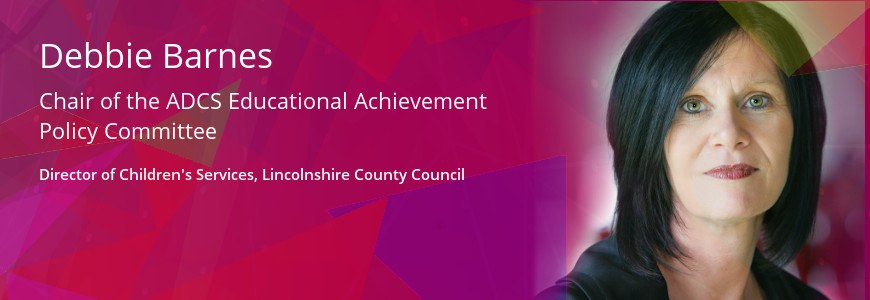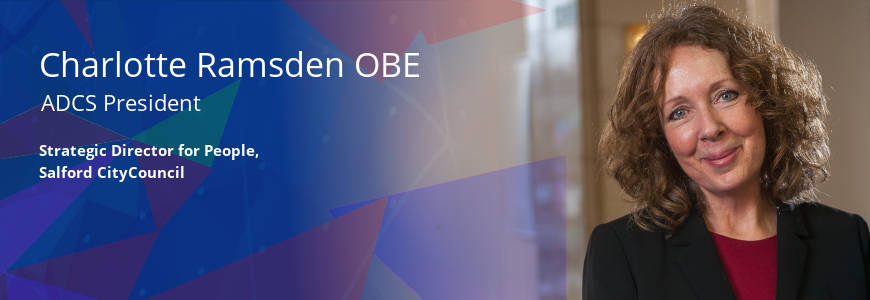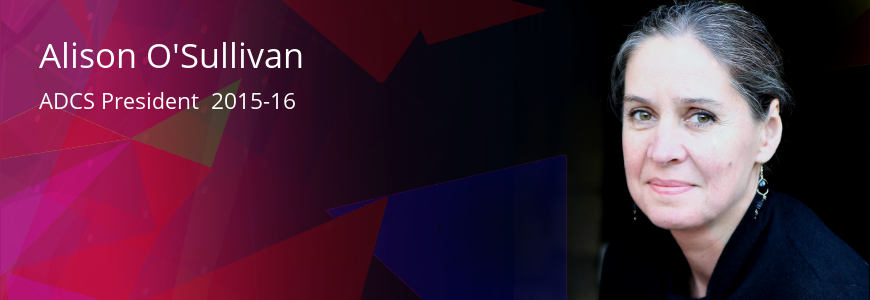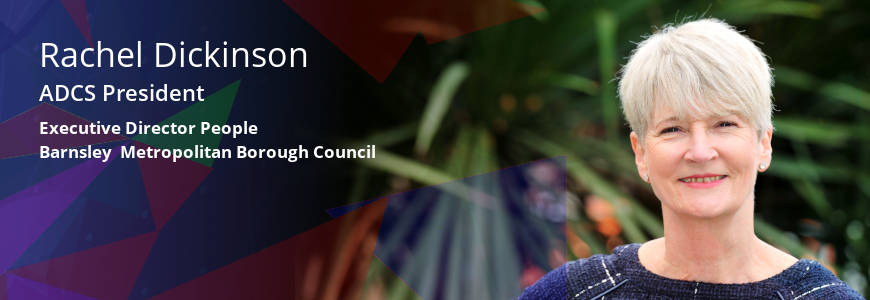Grammar Schools – a pig in a poke?

“When ye proffer the pigge, open the poke”, circa 1858. Meat was a little hard to come by in 1858, cats and dogs were not, the ‘poke’ (a sack of hessian), was commonly offered for sale in markets, sealed at the top. What lurked within the ‘poke’ required careful examination to confirm that it did indeed contain a pig and not another less palatable product. (Not a common beginning of a blog from a veggie of 32 years!)
Social mobility has been put firmly onto the table by the new government, I am pleased and ADCS is pleased, because children should be at the centre of this social mobility agenda. To be clear, I would like to see a wide-ranging, deeply thoughtful reflection on how best to achieve social mobility. Followed by a coherent, evidence based plan with clear goals and milestones, transparently measured and owned by central and local government working together.
The prospect of new grammar schools was one of the very first announcements made by the new government – are they a pig in a poke? Well, let us all open up the sack, look inside and have a proper debate. Currently there are 169 grammar schools out of 3,000 secondary schools in England (5.6%). The defining feature of a grammar school is their permission to select pupils. There are within most people’s social circle adults who have sat and passed the 11+ and as a result have found themselves in a selective grammar school for their secondary education. The position nationally is that around 5.6% of pupils fall into this group – 94.4% do not.
Curious then that the education system, driven as it is by data and analysis, evidence is not being brought into play here. The national pupil database contains within it valuable information, in particular the Income Deprivation Affecting Children Index (IDACI). The IDACI goes well beyond the free school meals data and we need to open this ‘poke’ and interrogate it thoroughly.
We need to be concerned for all children and ensure that every child is able to meet their maximum potential. Grammar schools cannot be the centrepiece of a social mobility policy, even if the data, when unpacked, does point to the merit of these schools (I have to say I see little evidence that points in that direction), they are at best the icing, rather the cake itself. Helicoptering the brightest children into a grammar school will be argued by some as a good thing, but a real social mobility policy will create a more equal chance for all children.
I ask that the debate is informed by a rational and open approach.
Related Blog Articles
I like to think the start of the new school year offers an opportunity to renew...
In General
Recently, I chaired the North West’s School Improvement Group and also led a...
In Education
It only feels like a few weeks ago when I was writing my first blog as ADCS Vice...
In General
Earlier this month Edward Timpson’s long awaited review of school exclusions...
In General
The West Midlands ADCS has been quietly unifying over a small but significant...
In General
“Stay at Home. Protect the NHS. Save Lives.” It couldn’t be simpler, could...
In General
I had the good fortune to go to the cricket last week at the Oval to watch...
In General
I was interested to read Dave Hill’s blog last week about grammar schools. As...
In Education
I want to use this blog to shine a spotlight on children who are not visible to...
In Education
Monday was International Women’s Day. Every year on 8 March, across the globe,...
In General
As I write this, I can’t believe a whole year as ADCS President has passed so...
In General
Next week, the Chancellor, Sajid Javid, will announce spending plans for public...
In General
In these emotional roller coaster times there is a lot to make sense of but it...
In General
There’s a question we should all ask ourselves on a regular basis: why do we...














